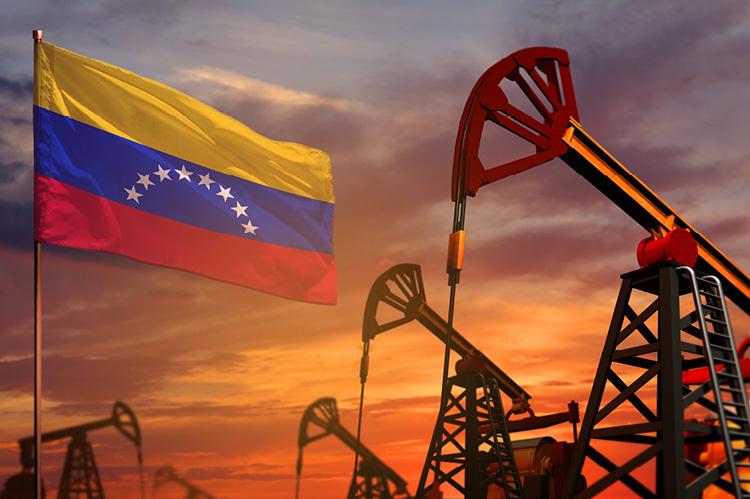The recent revocation of a crucial US license permitting Venezuela to export oil globally and attract investment is anticipated to adversely impact both the quantity and quality of its crude and fuel sales, as per a Reuters report.
This development is also expected to trigger a surge in requests for individual US deal approvals.
Earlier warnings from US officials signaled that without tangible progress from President Nicolas Maduro’s administration in implementing last year’s electoral roadmap, License 44—temporarily easing oil sanctions since October—would not be renewed.
As of Wednesday, the Treasury Department has granted companies a 45-day window to conclude pending transactions, particularly those involving crude and fuel sales, under a more restrictive license framework. It has also pledged to review specific authorisation requests for business dealings with Venezuela, a commitment eagerly awaited by Venezuelan officials. Many companies have been awaiting Washington’s approval for energy deals with Venezuela for years, according to Reuters.
However, the Treasury’s announcement clarified that engaging in new business ventures, including investments previously permitted under License 44, would not qualify as winding-down activities, leaving uncertainties regarding permissible transactions.
Notably, authorisations granted to oil firms like Chevron, Repsol, and Eni remain intact, ensuring continued oil flows from Venezuela to the United States and Europe.
POLITICAL IMPLICATIONS
The withdrawal of this significant element of US sanctions relief represents a notable setback from President Joe Biden’s policy of engaging with Maduro’s government. Nonetheless, it falls short of reverting to the “maximum pressure” tactics employed during the Trump administration and could be subject to change depending on electoral progress in the coming months.
Venezuela’s opposition is currently in talks to select its candidate for the upcoming presidential election on July 28, following the disqualification of both the primary winner and her alternate. License 44 had enabled Venezuela’s state-owned company PDVSA to boost exports to pre-pandemic levels, enhance cash flow, and secure imports crucial for the domestic market.
Under a separate authorisation, roughly one-fifth of Venezuela’s exports are channeled through Chevron to the US PDVSA and Chevron are now in discussions to expand operations within their joint ventures. Additionally, Venezuelan authorities are expected to approve other project expansions before the 45-day wind-down period ends, according to Oil Minister Pedro Tellechea.
RUSH TO COMPLETE TRANSACTIONS
In March, PDVSA’s oil exports surged to around 900,000 barrels per day (bpd), the highest level in four years, as buyers rushed to finalise purchases ahead of the license expiration. However, the backlog of tankers waiting to load at Venezuelan ports has persisted, according to shipping data.
The six-week timeframe granted by the US to complete transactions may not suffice to entirely resolve the bottleneck, leading some oil importers to seek specific licenses, traders noted. With the previous license and separate authorizations, Venezuela’s crude production reached 874,000 barrels per day in March, with the addition of two operational drilling rigs.
In the absence of the license, PDVSA is expected to revert to using lesser-known intermediaries to sell its oil at discounted prices, primarily to Asian markets, unless a sufficient number of US individual authorisations are issued, experts predict. PDVSA’s finances, already strained by five years of sanctions, are poised to suffer further, constraining access to foreign currency crucial for various expenditures, from labor to procurement.


